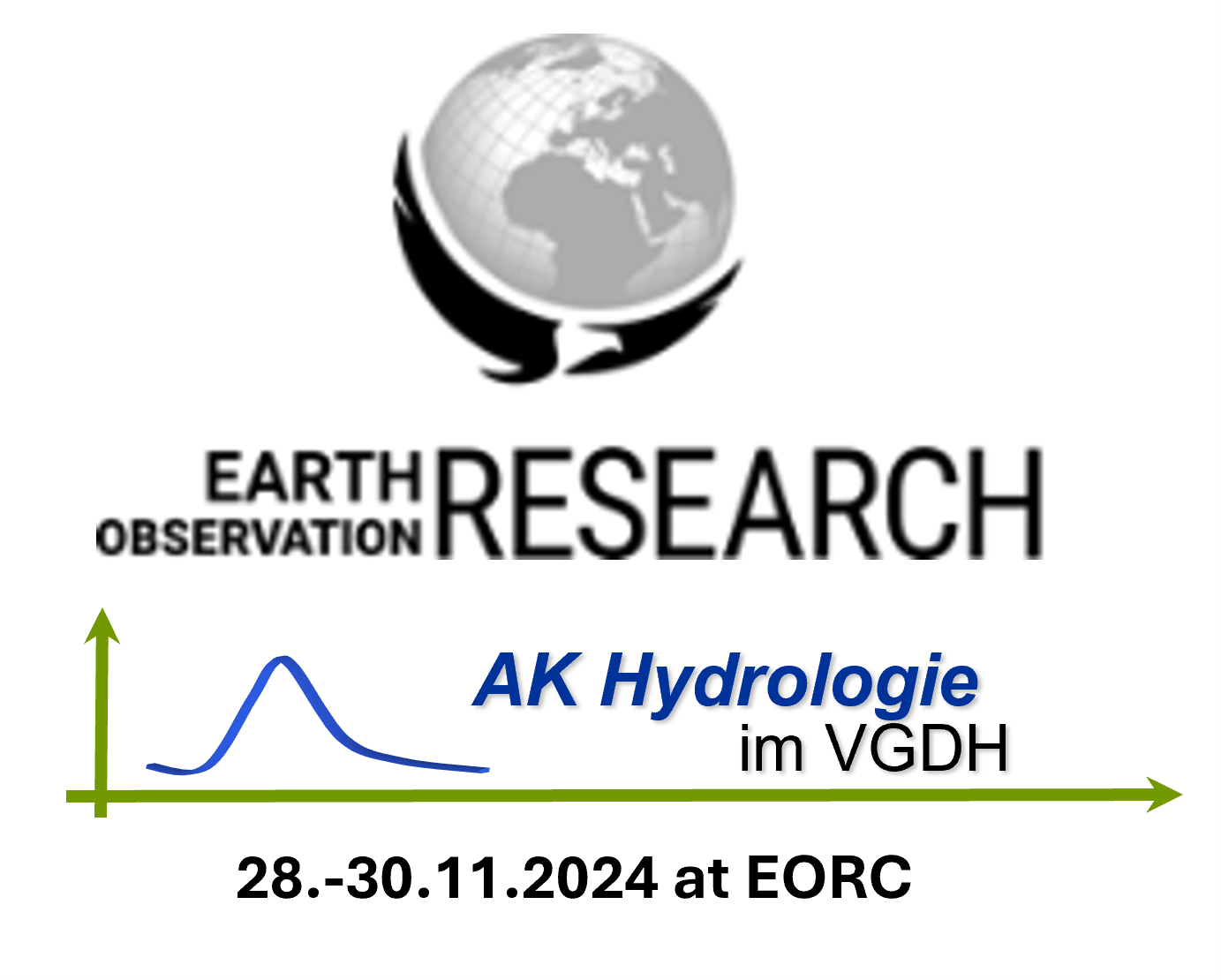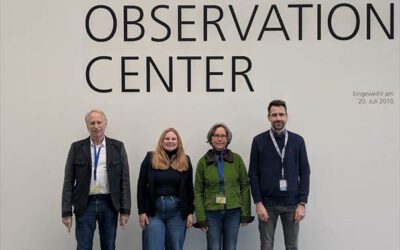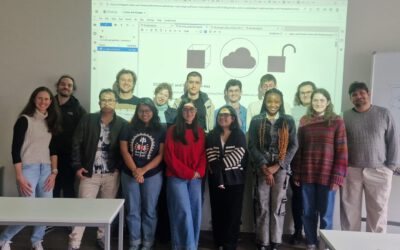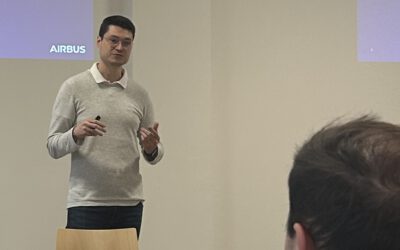From the 28th to the 30th of November, the annual meeting of the Hydrology Working Group of the German geography community takes place at the EORC. More than 30 hydrologist from all across Germany will come to Würzburg to discuss a wide range of topics from flood hazard assessment over water quality to freshwater and floodplain ecology and water resource management. Our EORC members will present their research on hydrological modeling and flood risk assessment and reduction such as carried out in the
EO4CAM project as well as recent work on large scale assessment of hydromorphology-vegetation feedback and earth observation datacubes in the cloud. We are looking forward to exciting talks and posters. Welcome to EORC, AK Hydro!









